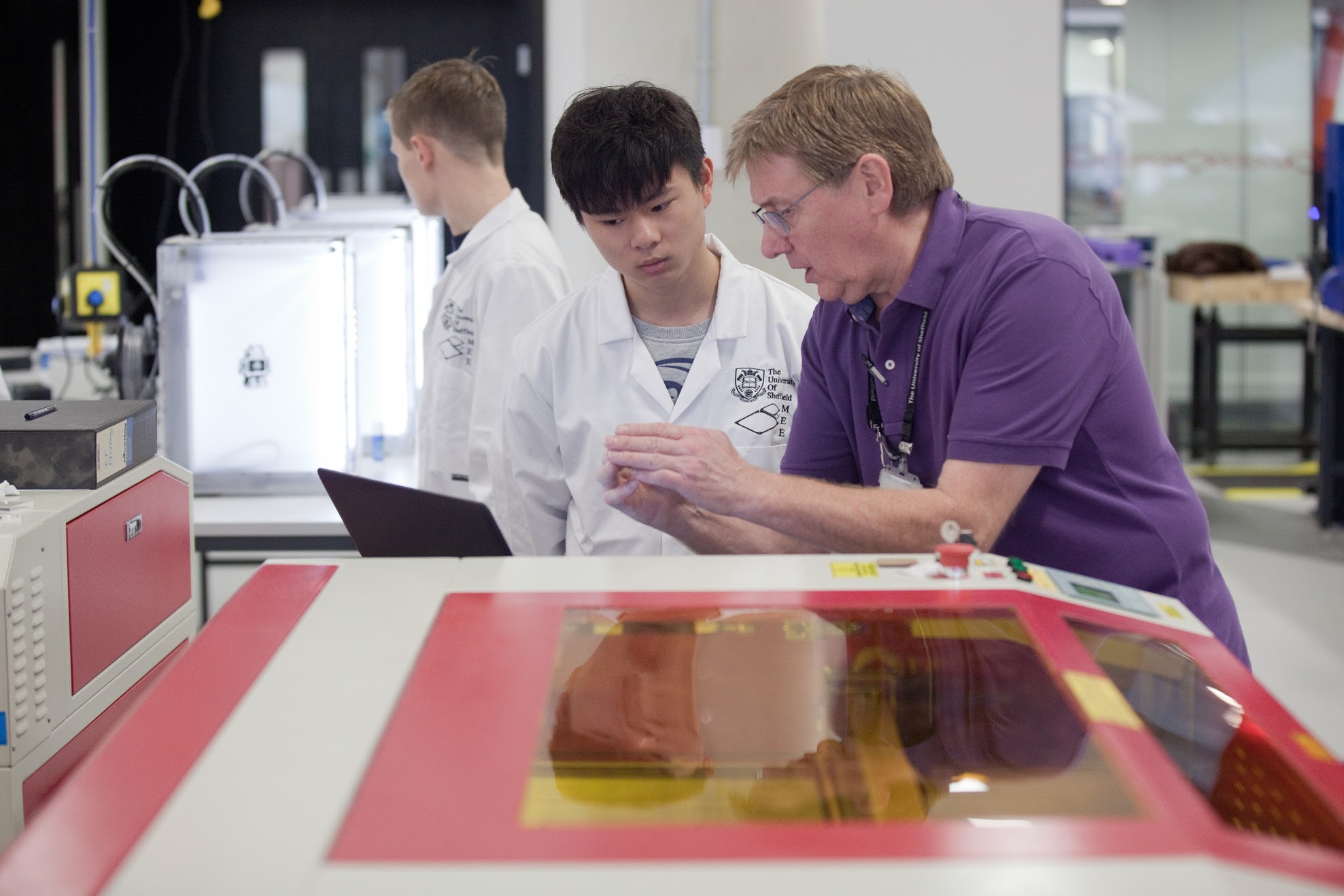
Be an effective report writer
As we near the end of the course, we asked our educators to share their advice for becoming an effective report writer. In this step, they share tips that could save you lots of time and improve the quality of your output.
"Start with the structure"
Sometimes, the biggest barrier to writing a report can be getting started. One approach that can help you to get going is to first set out the structure. Work out the sections, subsections etc. and write bullet points for what you want to say, without too much concern for spelling or precision in language.
Once you have the document planned out, you can replace the bullet points with formally written prose, using the high-quality and concise language expected in a technical engineering report.
"Use the tools"
Most document creation software (such as MS Word) will have built-in tools to automate the global formatting, such as numbering section headings, figures and equations and setting up referencing and citations. It can take a bit of time to set this up, but once you have mastered this skill, it can make your life much easier.
Consider having numbered the 30 equations in your document manually, and you decide to add another one in between number 1 and 2. You now need to renumber every equation from 2 to 30. If setup correctly in the software, you can insert a new equation and it will automatically number it and change the numbering of all equations in the document to be correct.
"Consider using other tools"
Whilst programmes like MS Word and Excel are ubiquitous in University and Industry, there are other software tools that have a particular advantage for producing technical engineering reports.
One example is LaTeX. It has a very steep learning curve and is in no way user-friendly, but, once learned, it can make the process of producing documents very straightforward. It is favoured by mathematicians and physicists who tend to include a great deal of mathematical content in their work.
"Let it mature"
A technical engineering report can be like a fine wine. Not only can writing one give you a headache but it can benefit from being left to rest for some time.
Once you have finished writing your report, the contents will be fresh in your mind and it can be difficult to read your work in the same way that another reader would.
One way to overcome this problem is to give yourself some time between finishing your report and submitting it. When you come to review the report again, you may spot mistakes and see improvements that you might have missed previously.
"Know when enough is enough"
It is tempting to fiddle with a report, the appearance, the wording, the language etc. until it is perfect. However, when a deadline is pressing and your time is important, knowing the difference between a report that is “good” and one that is “good enough” is important. One of the traits that define a good engineer is the ability to assess the relative importance of projects and attribute appropriate resources.
"Get others involved"
Proofreading your own work is always hard. You tend to read what you think you have written rather than what is actually on the page. If you can get other people to proofread your work, this is usually better than doing it yourself.
If you have access to technically trained people that are experienced in writing reports, their input can be invaluable, but anyone can offer constructive feedback from the perspective of a reader. And it never hurts to make friends with your local resident pedant.
"Save your work"
Even in this day and age, computer files, and the time and effort used to create them, still get lost due to technical issues such as crashes and malfunctions. Save work regularly, make back-ups on another device (upload to the cloud or a memory stick) and save updated versions with updated filenames.
Usually, people have at least one catastrophic loss of work in their life before they learn the importance of good habits in creating backups and archiving their work.